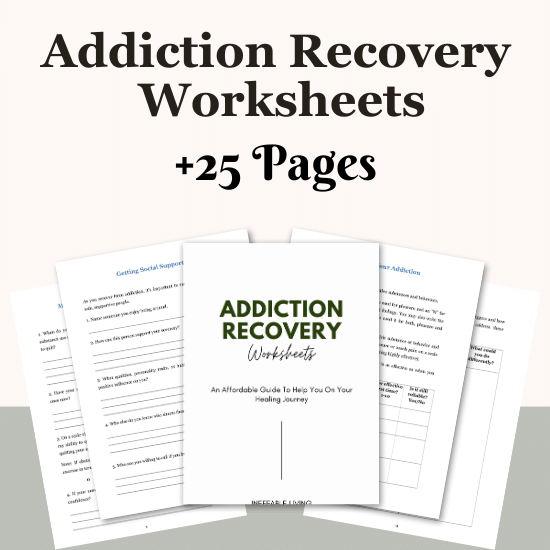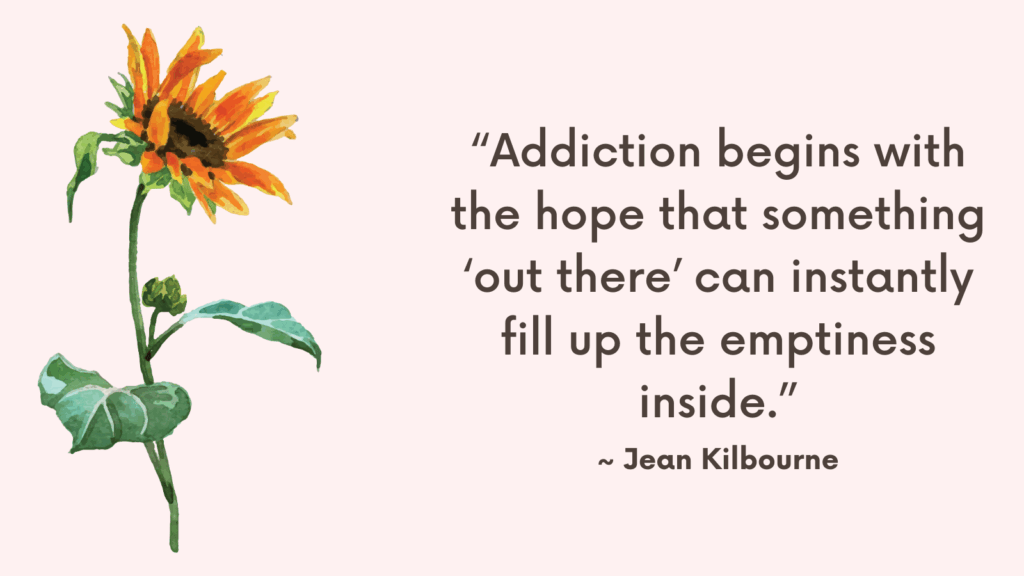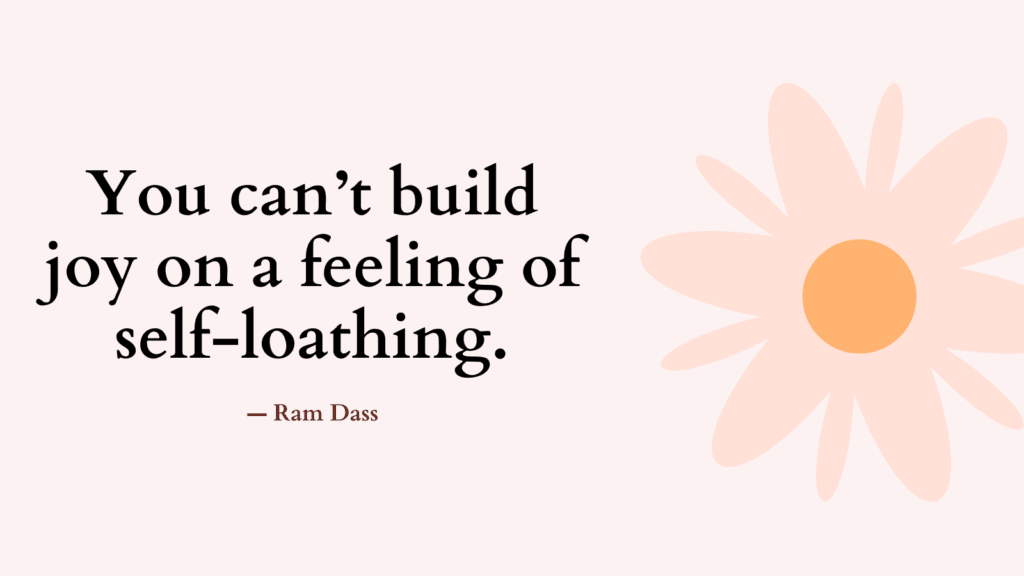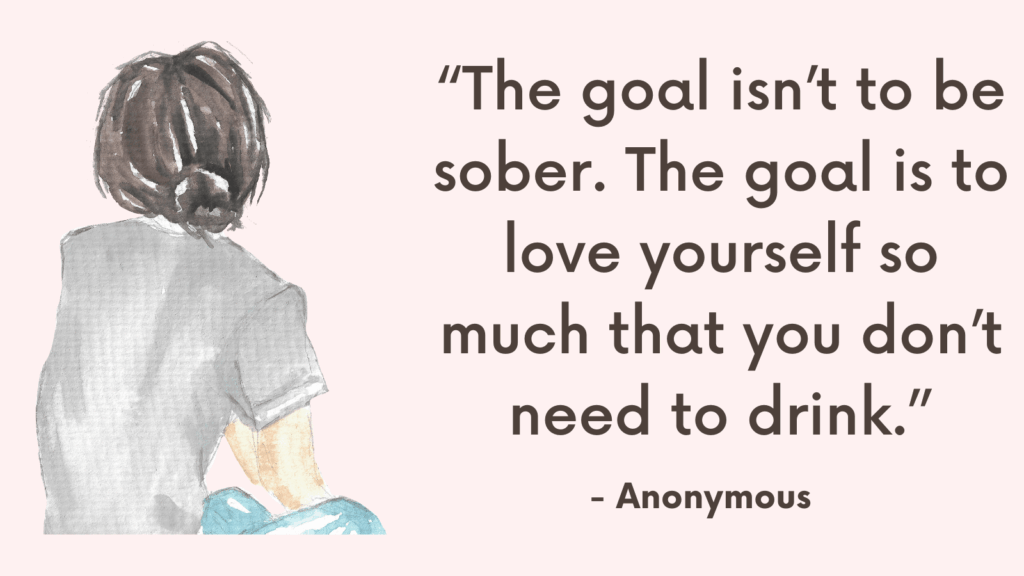One of the biggest challenges in recovery is facing peer pressure — from friends, co-workers, or social situations where drinking or drug use is normalized. Staying sober requires more than just saying no; it involves planning, self-confidence, and setting strong boundaries. Here’s how to handle peer pressure without compromising your recovery.
How to Handle Peer Pressure After Getting Sober?
1. Know Your Reasons for Sobriety
Have a clear and personal understanding of why you chose sobriety. Whether it’s for your health, family, clarity, or peace of mind, keep that reason front and center. When pressured, remind yourself what’s truly at stake.
2. Prepare Your Responses in Advance
Expect questions or offers and rehearse what you’ll say. Simple, firm responses work best:
- “No thanks, I don’t drink.”
- “I’m in recovery, and I’m happier without it.”
- “That’s not part of my life anymore.”
Confidence in your answer helps silence further pressure.
3. Avoid High-Risk Situations Early On
Especially in early recovery, steer clear of parties, bars, or events where substance use is central. Your sobriety is still forming — protect it. Choose environments that align with your values and wellness goals.
Related: What Is Emotional Sobriety and How to Achieve It? (+FREE Worksheets)
4. Bring a Supportive Friend
If you must attend a triggering event, bring someone who supports your sobriety. Having a sober ally by your side helps reinforce your resolve and gives you a quick exit plan if needed.
5. Set Boundaries Without Guilt
You don’t owe anyone an explanation for your choices. If someone pushes too hard or mocks your sobriety, it’s okay to distance yourself. Healthy relationships respect your growth.
6. Create Exit Strategies
Have a plan for leaving if things get uncomfortable. Drive yourself, use rideshare, or signal a friend when it’s time to go. Protect your peace over pleasing others.
7. Stay Connected to Your Recovery Support
Attend meetings, check in with your sponsor, or text a sober friend before and after a challenging event. Being in touch with your support system reminds you that you’re not alone.
8. Replace Risky Circles With Safe Community
If your old crowd doesn’t support your sobriety, it may be time to build new friendships. Join sober communities, clubs, or activities that nourish your new lifestyle.
9. Practice Saying No Without Explaining
Not everyone needs to know your story. A confident, polite “No” is a complete sentence. The more you practice, the more natural it feels.
10. Celebrate Your Strength
Each time you stay true to your sobriety in the face of pressure, you build resilience. Acknowledge your strength and reward yourself in healthy, meaningful ways.
Related: How to Break the Addiction Cycle? [Definitive Guide]

Conclusion
Handling peer pressure is a skill that gets easier over time. By staying rooted in your purpose and surrounding yourself with support, you can protect your sobriety and grow more confident in your sober life.



